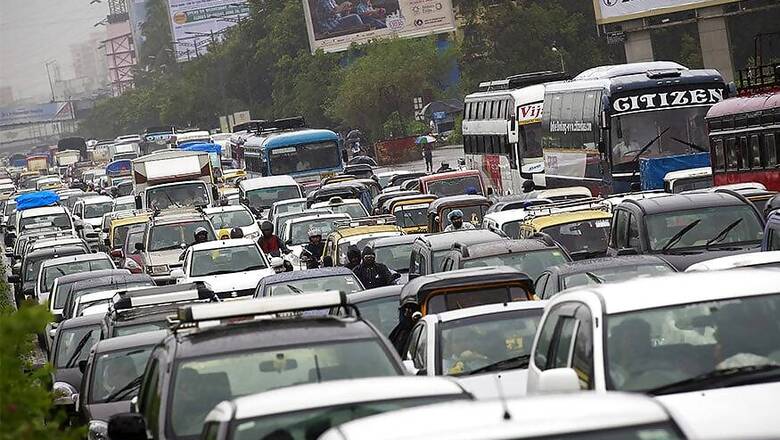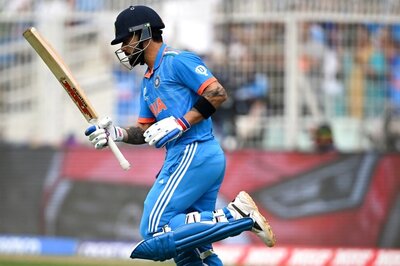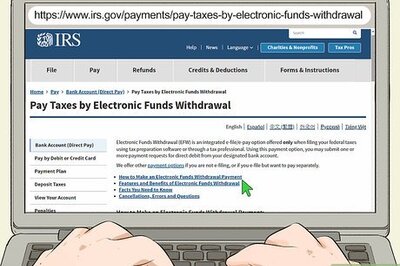
views
Automakers have asked the government to reduce GST rate on hybrid vehicles to 18 percent, saying clubbing the eco-friendly automobiles with big luxury models is "incomprehensible".
As part of auto industry's representation to the GST Council, which will meet on June 11, automobile manufacturers have asked the government not to levy any cess on hybrid vehicles. As per the proposed rates under the GST regime, which will be implemented from July 1, hybrid vehicles have been put in the same category as big petrol and diesel luxury cars attracting 28 percent rate with a cess of 15 percent. The tax incidence on hybrid vehicles will go up to 43 percent from the current level of an effective tax rate of 30.3 percent.
"We are at loss as to why hybrid electric vehicles have been clubbed with petrol and diesel luxury cars in the highest tax bracket. It is incomprehensible and merits an urgent review," said a senior industry official, who did not want to be identified.
The industry has also asked the government to levy lower GST rate of 18 percent without any cess on hybrid electric versions for all vehicles falling in the 28 percent bracket. The automakers argued that hybrid vehicles are much more efficient and eco-friendly but require scale and volume to become economically viable.
In its earlier submissions to the government, auto industry body SIAM had suggested 10 percent differential rate between conventional and hybrid versions in the new GST system to encourage new technology. "Without such differential, it will be impossible to make a small hybrid electric car, commercial vehicles or two/three -wheelers viable," the official said, adding that a proper government support is crucial for such new eco-friendly technology to take roots in India.
The proposed GST rate for hybrid vehicles is "totally divergent from the stated government approach of minimal change in tax incidence for any item when migrating to GST", the official added.
At present, hybrid vehicles attract excise duty of 12.5 percent, similar to the ones for entry level small cars such as Tata Nano or Maruti Alto. Even though they are exempt from infrastructure cess, there is a 1 percent National Calamity Contingent Duty, 2 percent Central Sales Tax and 12.5 percent VAT, which takes the total incident of tax to 30.3 percent.


















Comments
0 comment